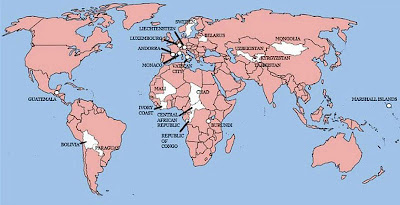An Ex-Brit's Take on PM Sunak
Andrew Sullivan is a Britisher-turned-American and thus perfectly positioned to write this piece when Rishi Sunak became the British PM (You’ll see what I mean as you read ahead). Sullivan starts off by taking a stab at Joe Biden for getting Sunak’s name wrong (Biden called him Rashid Sunak): “He got the name wrong, but he’s Joe Biden. He gets names wrong. ” But, says Sullivan tongue-in-cheek, at least Biden is old enough to understand that Sunak as PM is a historic event. In what way? “(Britain) was defined by empire… and nothing defined that empire more than India… And it is simply a remarkable fact that a grandson of that distant colonized country now runs the former colonial power.” To drive the point home, he adds: “Imagine what Gandhi might have thought of that. Or Churchill for that matter. ” I thought Sunak was born with a silver spoon in his mouth. Not so, says Sullivan: “Sunak’s family was middle class — his father was a doctor and his mother a pharma
